
A gap between generations becomes apparent in even the smallest moments. A comment at dinner or a confused look when someone mentions their third job this year. It’s not always obvious, but it’s there. These differences aren’t about right or wrong. They’re just about growing up in completely different worlds with different rules and different problems to solve.
The whole side hustle thing.

Younger people now view side hustles as an integral part of their lives. A boomer might see someone with a full-time job who also sells stuff on Etsy or drives for Uber and think they’re unfocused. But it’s really about survival. Rent continues to rise, while wages remain stagnant. That coffee shop job after the office isn’t an ambition. It’s a necessity. The laptop stays open on the kitchen counter even after dinner.
Why nobody owns a house yet.

The conversation about down payments comes up at every family gathering. Someone always mentions buying their first house at 25, and it feels like an accusation. But the math doesn’t work the same way anymore. A starter home that cost three times an annual salary back then now costs eight or nine times what most young people make. Saving twenty per cent down would take a decade. The dream didn’t die. The numbers stopped making sense.
Texting instead of calling.
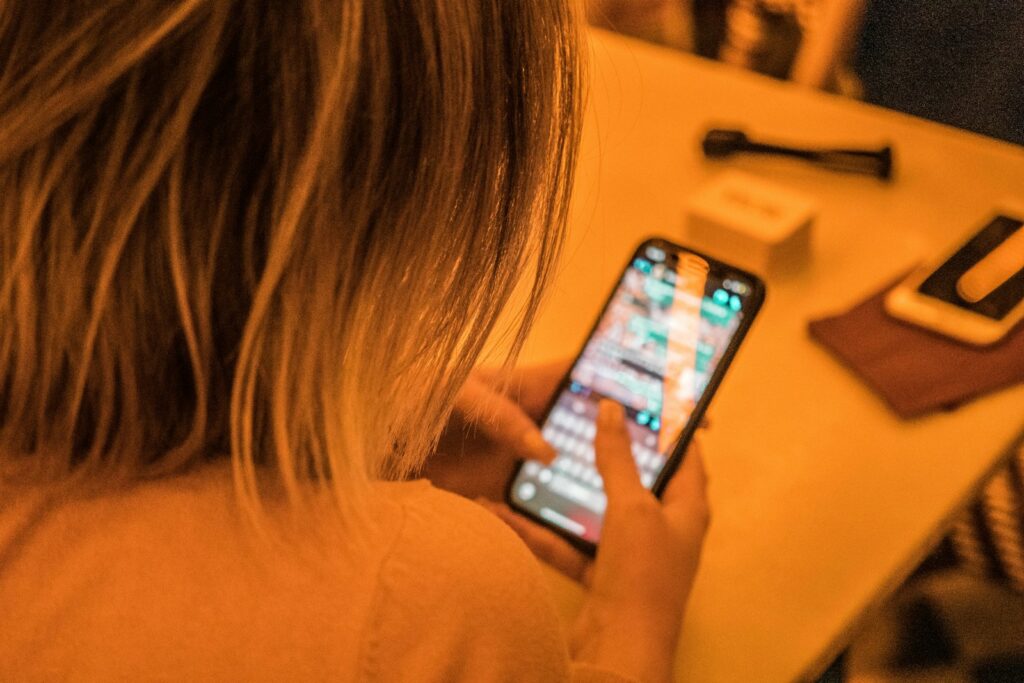
A phone call means you have to answer right now. Drop what you’re doing and figure out what to say on the spot. Texting gives you time. You can think about your response or deal with it after work. Younger people aren’t avoiding connection. They just want to choose when that connection happens. The phone buzzing on the table during dinner can wait. A call at 9 PM on a Tuesday feels invasive.
Talking about therapy like it’s normal.
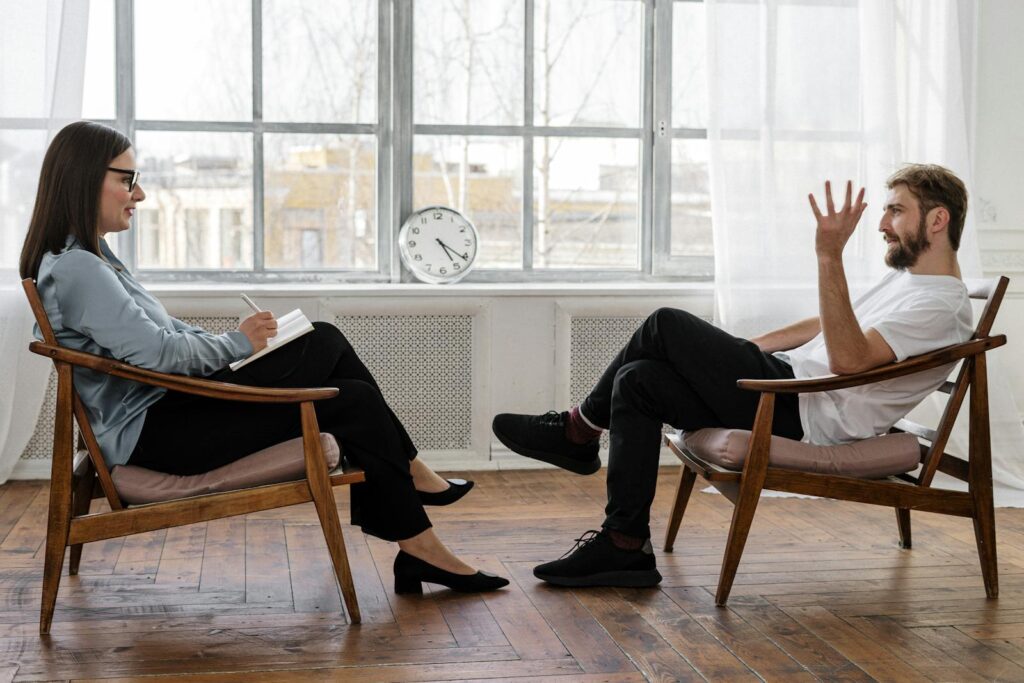
Therapy isn’t something to hide anymore. Younger people talk about their sessions the same way their parents speak about dentist appointments. Someone mentions adjusting their anxiety meds at lunch. Nobody acts weird about it. The stigma faded over time. That journal sitting by the bed with notes from therapy stays right there in plain view.
Switching jobs every two years.

Loyalty to a company feels outdated when that company would drop you instantly if numbers went down. Younger workers learned this early. Staying in one place for decades won’t get you a pension anymore. You’ll get a two per cent raise while someone new gets hired at twenty per cent more than you make. Moving around is a key way to grow your salary. That resignation letter on the desk isn’t betrayal. It’s survival.
Expecting to work from home.

The commute feels pointless when the work happens on a computer anyway. Younger generations realized during the pandemic that many office jobs can be done remotely. They’re not trying to be lazy or antisocial. They’re just questioning why they should spend two hours in traffic when they could work from their kitchen table. The split between work and home matters less now. That empty office building downtown is expensive for no reason.
Their entire life being online.
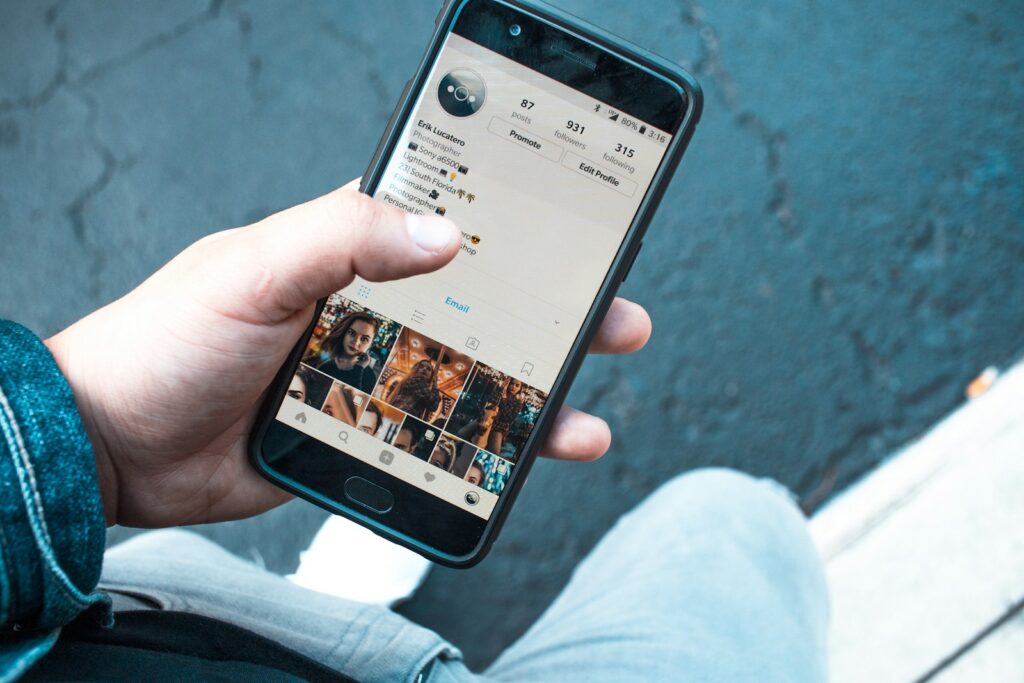
Social media isn’t just for fun or keeping in touch. It’s how younger people build careers and find community. A strong online presence can mean job opportunities or freelance work. It’s networking without awkward small talk in conference rooms. The hours spent on Instagram or TikTok aren’t wasted time. They’re building something even if it doesn’t look like traditional work. That phone in their hand at dinner might be their livelihood.
Still struggling despite having a degree.

The promise was always that college equals success. Get a degree and you’ll be fine. However, younger generations have graduated into recessions and job markets that require five years of experience for entry-level positions. Student loan payments eat up what used to be savings money. That diploma on the wall cost six figures and led to a job that barely covers rent. The degree isn’t worthless, but it’s no longer the golden ticket to success.
Actually caring about the environment.

Climate change affects younger people differently. They’re going to be dealing with this for the next fifty years. Summers keep breaking heat records. Hurricanes are stronger now than they were ten years ago. Reusable bags at the grocery store aren’t about looking good. Neither are electric cars. Something feels off about the planet, and people are trying to slow it down.
Gender and identity being fluid.
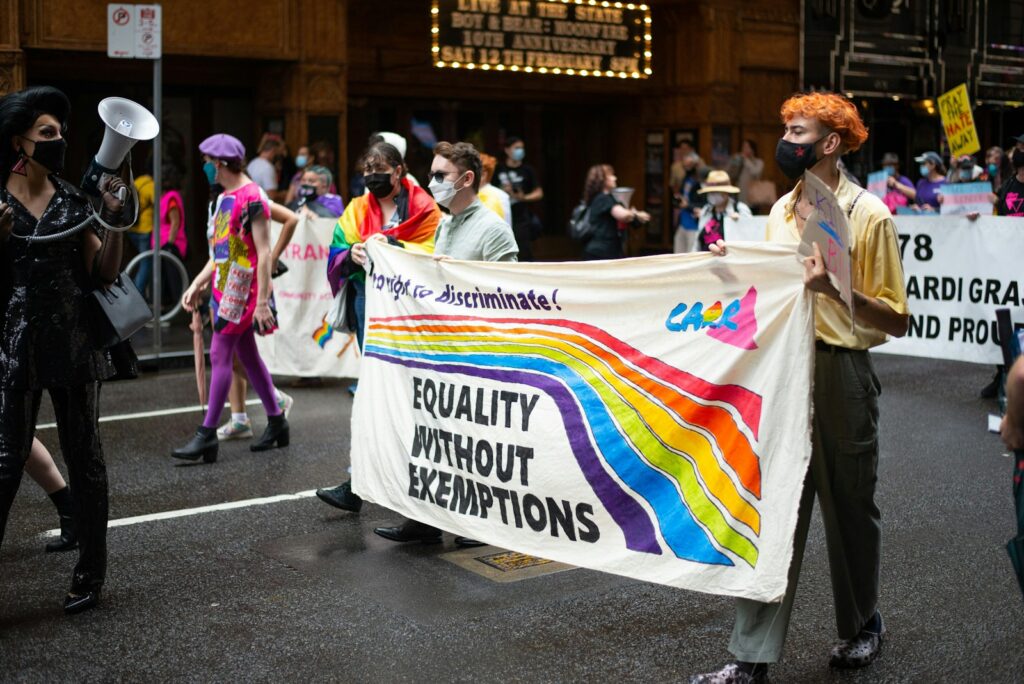
The old boxes don’t work for everyone. Younger people see that now. Someone tells you their pronouns and you use them. Same way you’d use their name. Some people never felt right in the categories they got assigned growing up. A pride flag hanging in someone’s window just reflects who they actually are. No performance. No statement. Just existence.
Renting everything instead of owning.

Buying things feels risky when your job might relocate you across the country next year. Software gets subscribed to instead of purchased. Furniture comes from rental companies. Movies live on streaming apps. The apartment remains mostly empty, and that’s by design. Those half-full moving boxes in the closet tell you everything about how permanent anything feels right now.
Prioritizing mental health over money.

Plenty of younger people leave high-paying jobs because the toll on their mental health isn’t sustainable. They saw their parents burn out for companies that dumped them without hesitation. Better to earn less and actually have a life. Quitting without another job waiting seems reckless from the outside. Staying until you break is worse, though. That resignation letter sitting on the desk is about survival more than anything else.
Meeting people through apps.
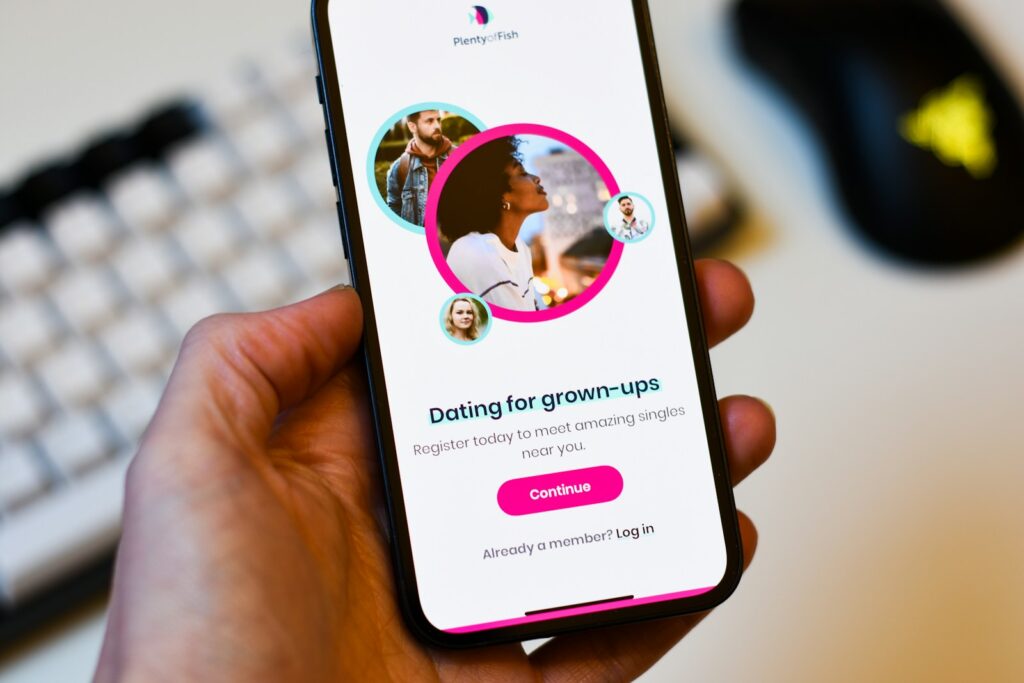
Apps are now the default way to date. Going up to a stranger at a bar seems inefficient when you can browse profiles at home. Filter out deal-breakers before meeting up. The phone buzzing with matches isn’t something to feel embarrassed about. People don’t gather the same way they used to. This is just how it happens now. Meeting online stopped being weird years ago.
Not wanting kids right now.

Having kids is expensive. Daycare costs more than most people’s rent. Parental leave is a joke. The future feels unstable. Younger people see all this and decide to wait. Maybe forever. That’s not immaturity or selfishness. It’s looking at the actual numbers and being realistic about what they can afford and handle emotionally. The choice makes sense when you consider all the factors.
Getting their news from social media.

Cable news stopped making sense to younger people somewhere along the way. Watching one anchor tell you what matters feels limited. Twitter and TikTok show you what hundreds of different people are saying about the same event. Corporate news outlets have advertisers and shareholders to please. That morning, scrolling through social media is how younger people figure out what happened while they were asleep. Multiple sources beat a single voice.

